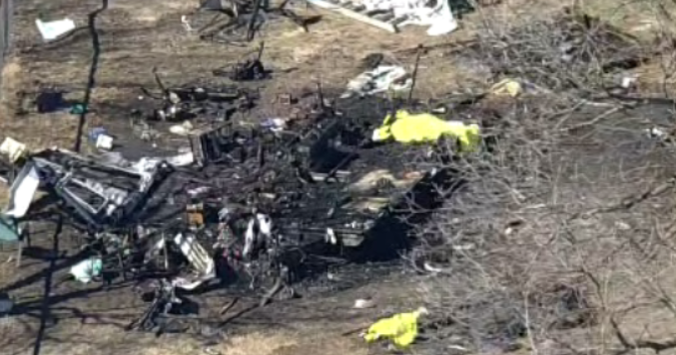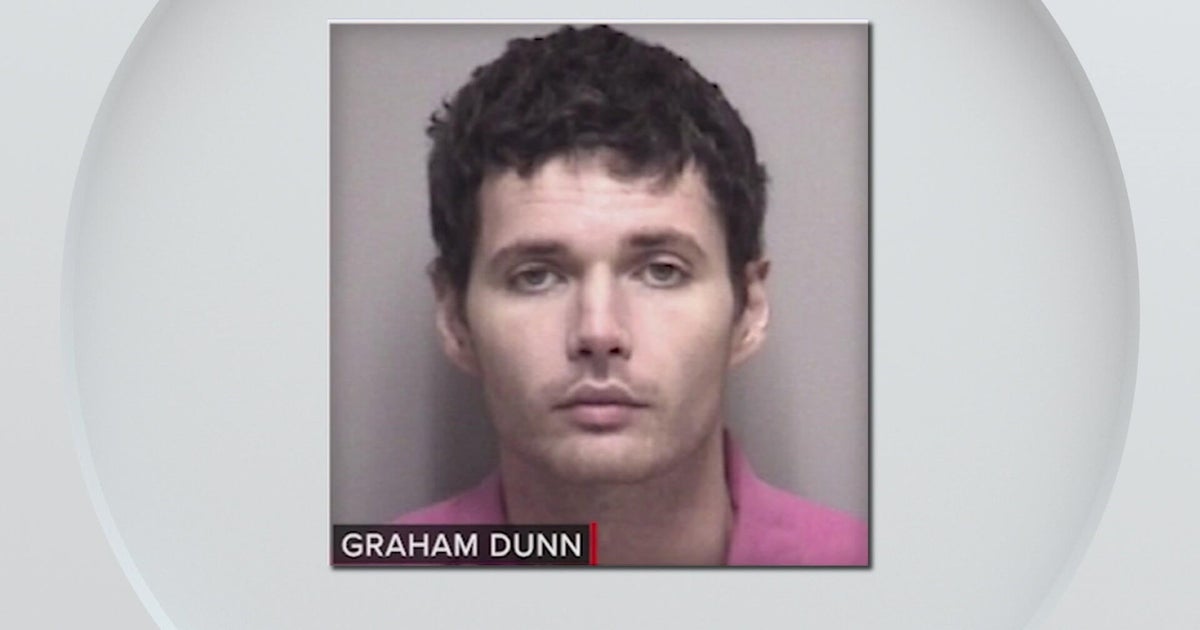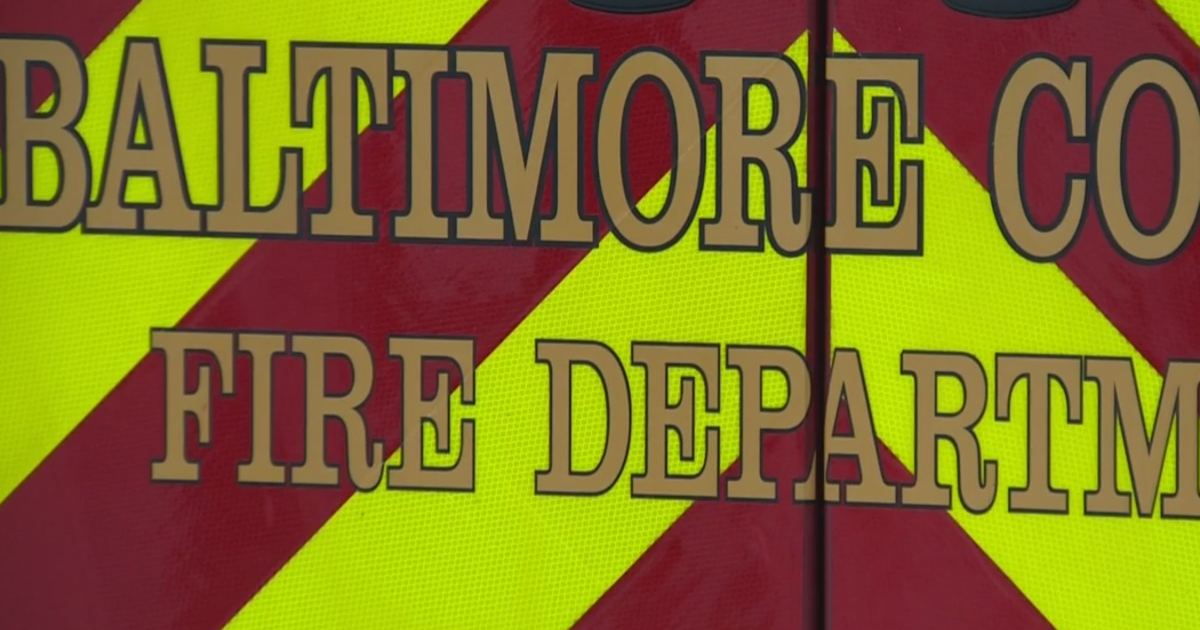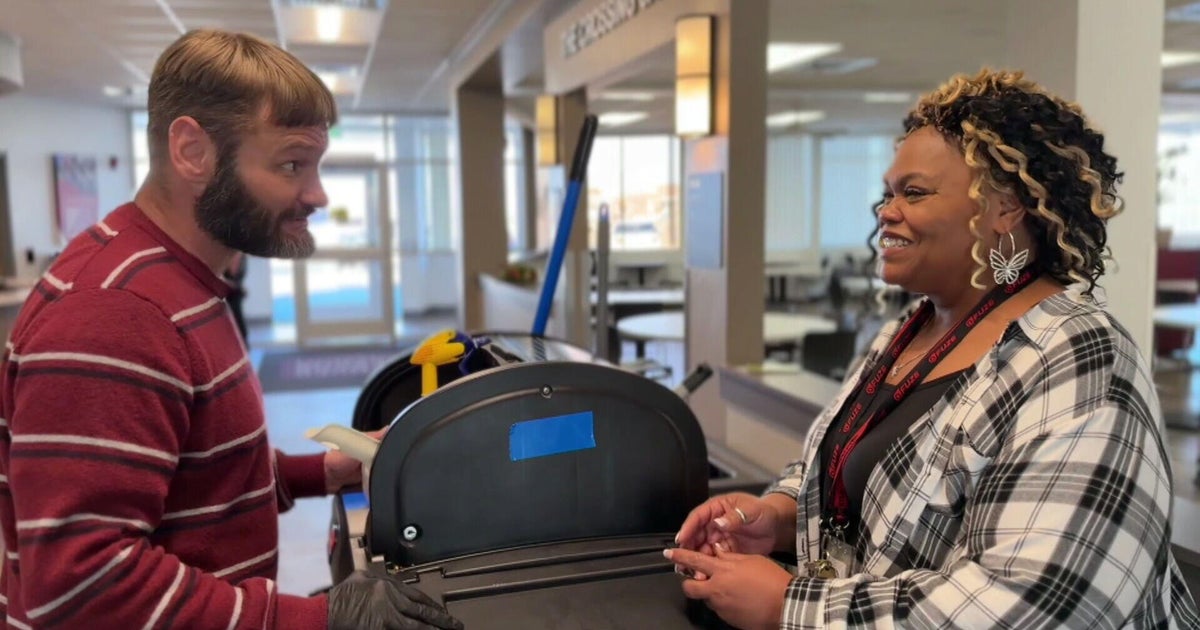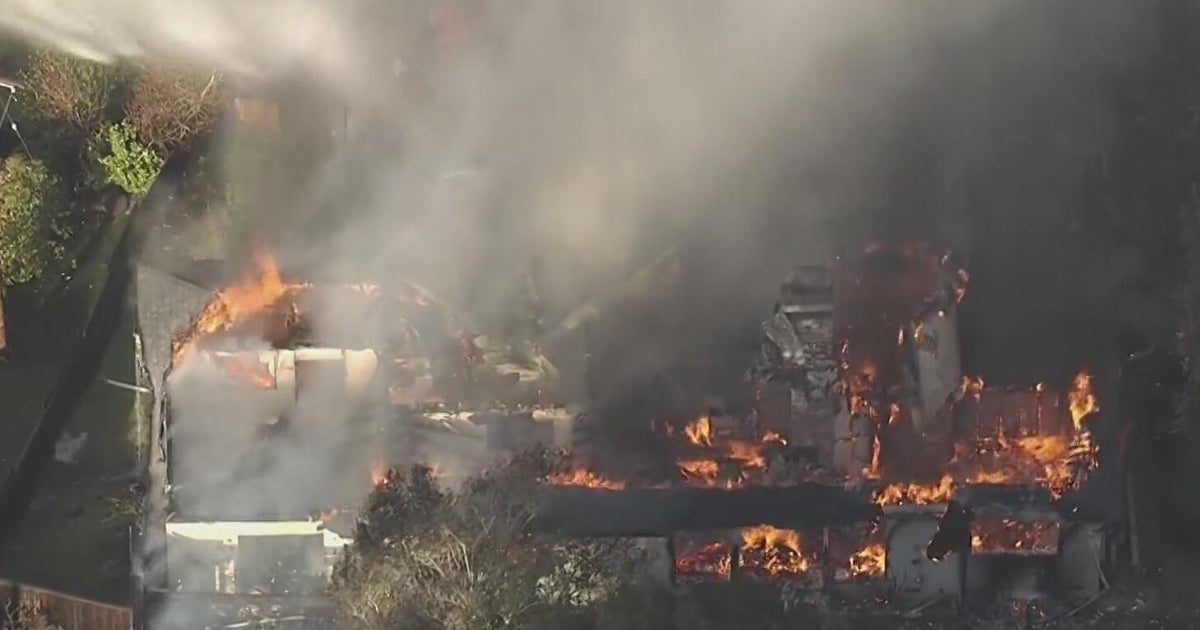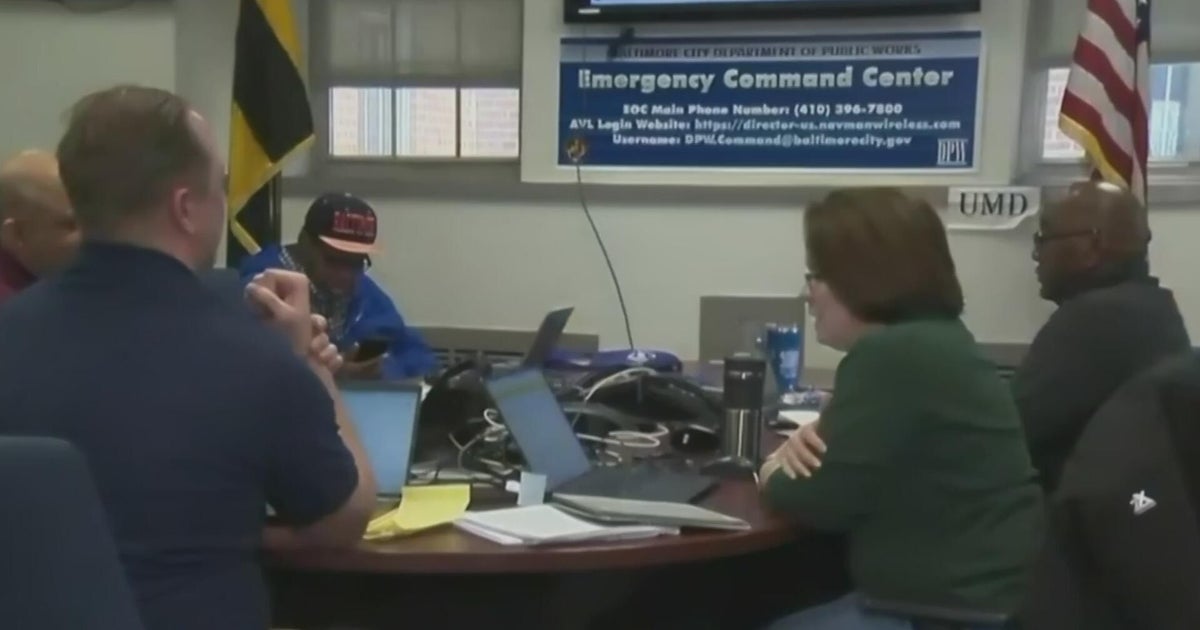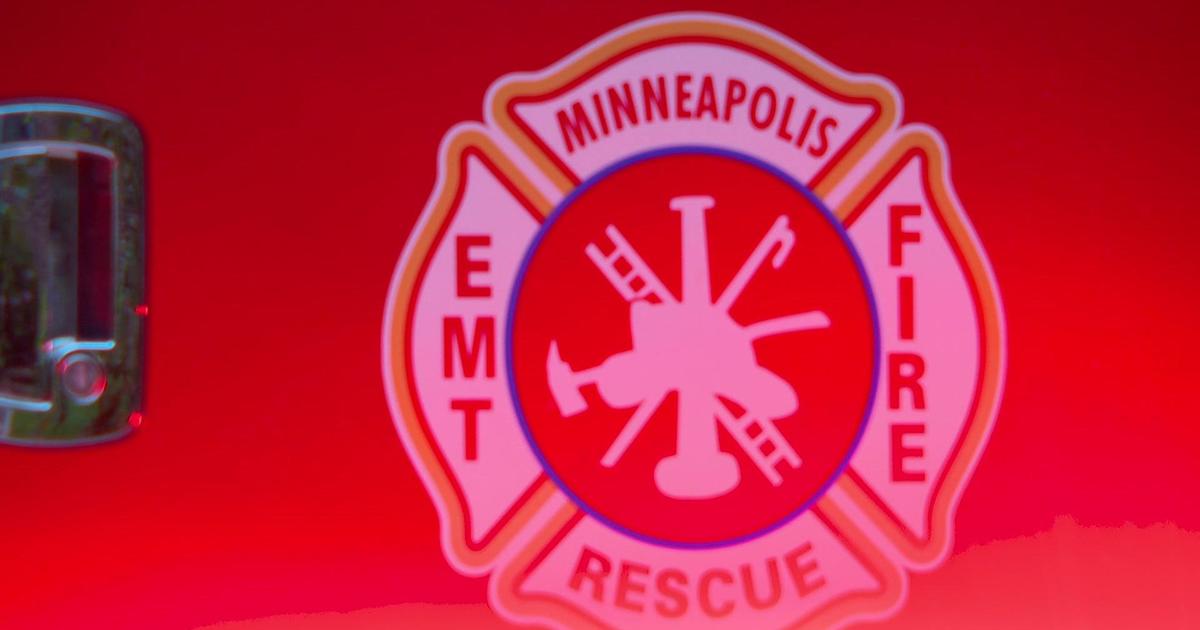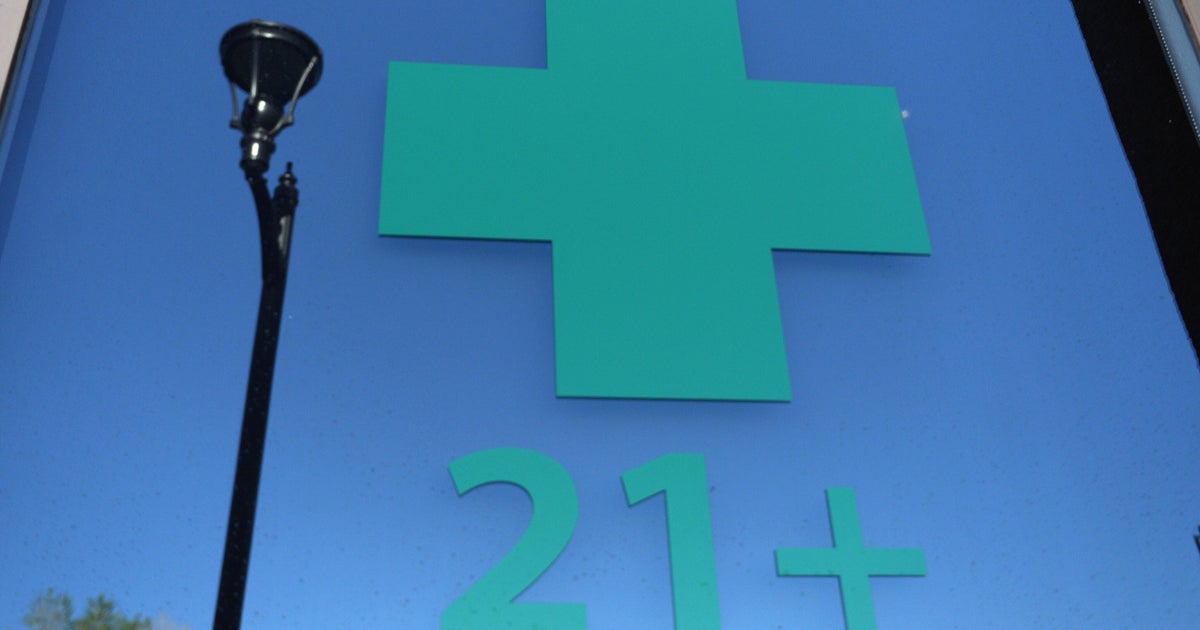Dallas Fire-Rescue May Change How It Responds To Some EMS Calls
DALLAS (CBSDFW.COM) - It was a warning sign last year Dallas Fire-Rescue could not ignore.
David Coatney, Chief of Dallas Fire-Rescue recalls, "We went two days where we completely ran out of ambulances and we had to look to our partner agencies to come in to assist us to help cover areas in Dallas. It was a little bit of a shock."
This week, Chief Coatney told members of the Dallas City Council's public safety committee that because of a rising population and volume of emergency calls, the department has to change the way it responds to them. "We've had about a 20 percent increase in call volume from about 2010 until now. Our ambulances haven't kept pace with that... It's putting a substantial strain on our system."
The department says it responded to 206,000 emergency medical calls in 2017, which is up from 166,585 in 2010.
Nearly a third of them, 29 percent, were low priority.
But fire administrators told council members that city policy requires every patient who requests it be transported to a hospital.
The city has 42 ambulances with six more during peak times.
But they are expensive to buy.
So now, Chief Coatney says his department is considering two major changes: patients may be taken to the closest hospital, not to the hospital of their choice if the system is overloaded.
The city says this would reduce the amount of time an ambulance is out of service time.
In addition, low medical priority patients may not be transported to a hospital.
Council member Jennifer Gates says she understands. "We have to figure out how we're going to provide services to meet the expectations of all our residents, at the same time being efficient."
The department says other large cities such as Phoenix and Anaheim, California are using taxi vouchers to transport low priority calls.
Other cities such as Washington, DC are either using or considering using Uber.
Here in Dallas, some council members, including Gates, aren't so hot on the idea. "My initial reaction is I don't think that's a solution for transportation."
Chief Coatney says the department is still studying its options, which may include transporting low priority patients in city SUV's and other vehicles.
New technology he says may also help. "We may actually recommend.. going to such as our Bio-Tel which could provide them medical direction over the phone and help them schedule an appointment for follow-up on the lowest priority calls."
The Chief says he wanted to prepare council members for policy changes at the department.
Council members agreed the city needs to educate residents about whatever is decided.
